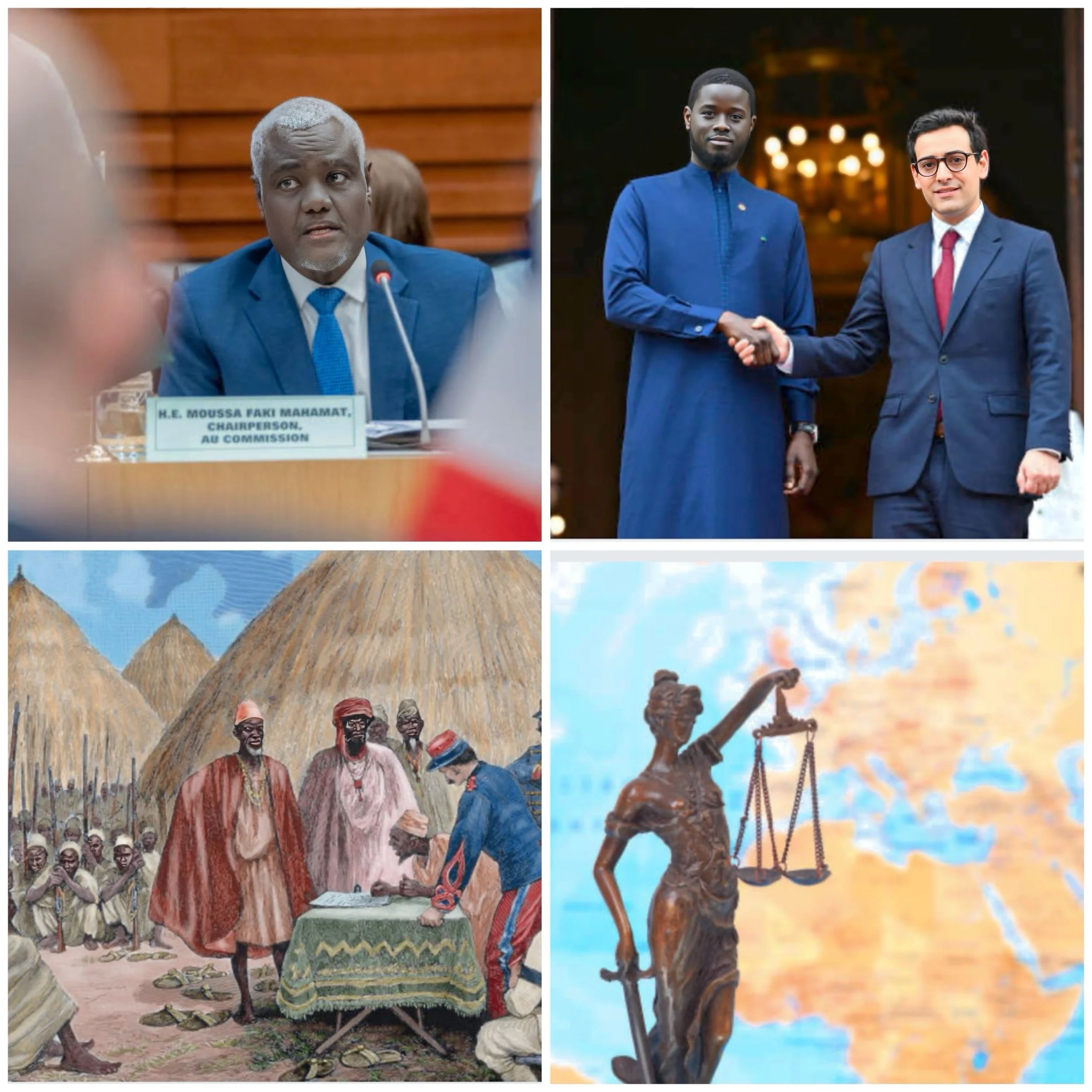Why Africa wants to end colonization of France?
Africa’s desire to end French colonization stems from several key factors:
Economic Exploitation
Resource Control: Many African countries accuse France of maintaining a “neocolonial international financial system” that allows it to exploit African resources and markets.
Currency Manipulation: The CFA franc, used in 14 African countries, is seen as a tool for France to control African economies. It requires member countries to deposit foreign reserves with the French treasury, limiting their economic sovereignty.
Political Interference
Leadership Selection: France has historically influenced the selection of leaders in its former colonies, often supporting those aligned with French interests.
Military Presence: French military interventions, such as Operation Barkhane in the Sahel, are increasingly viewed as unwelcome and ineffective in addressing regional security issues.
Cultural Dominance
Language Imposition: Some countries, like Burkina Faso and Mali, are moving to abolish French as an official language, seeing it as a vestige of colonial rule.
Educational Influence: French-controlled education systems have been criticized for perpetuating colonial mentalities and dependencies.
Growing Resentment
Anti-French Sentiment: There’s a rising tide of anti-French sentiment, particularly among youth, who view France’s continued presence as an obstacle to true independence.
Alternative Partnerships: African nations are increasingly looking to form new alliances, particularly with countries like Russia, which are perceived as having no colonial history in Africa.
Desire for True Sovereignty
Economic Independence: African countries seek to develop their own regional currencies, infrastructure, and economic unions without French interference.
Political Autonomy:
There’s a growing push to end “cooperation agreements” that limit African countries’ autonomy in areas such as defense and foreign policy.
Conclusion
By seeking to end French colonization, African nations aim to achieve genuine economic and political sovereignty, fostering development on their own terms and breaking free from what they perceive as exploitative relationships with their former colonial power.





